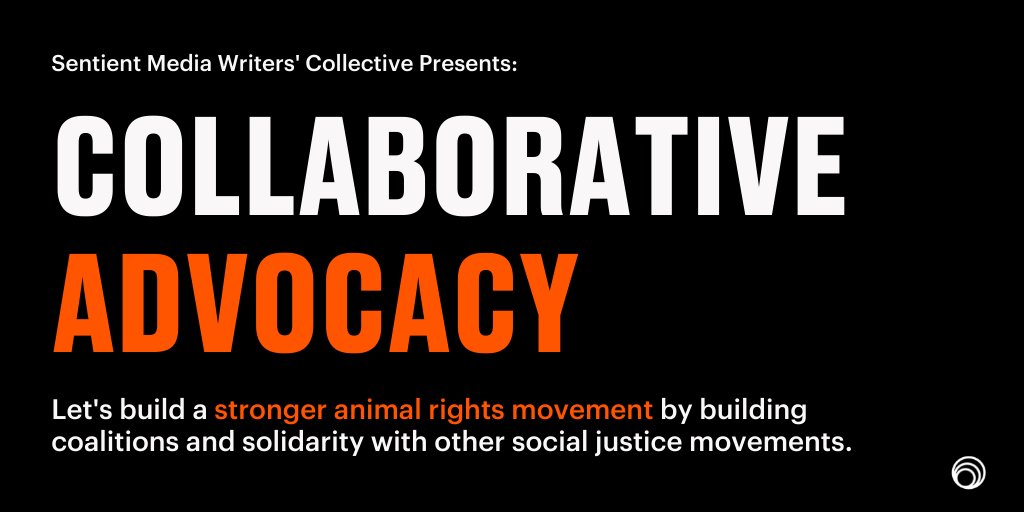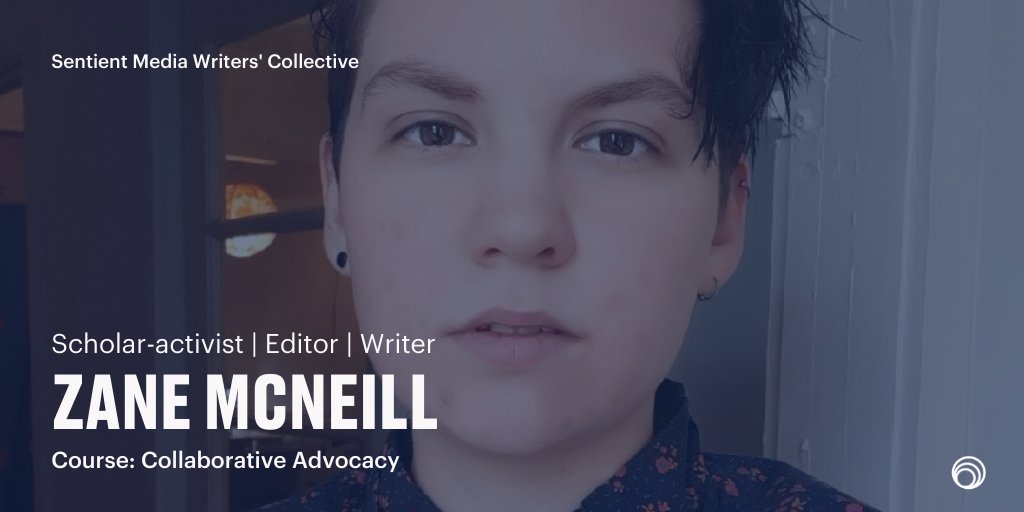
Happy #InternationalWomensDay to all the powerful women fighting to make the world a kinder, more #sustainable place each day.
In honor of @womensday, here are a few pieces written by amazing women of various backgrounds—journalists, investigators, doctors, and beyond.
In honor of @womensday, here are a few pieces written by amazing women of various backgrounds—journalists, investigators, doctors, and beyond.

Cows don't just naturally make #milk but must be impregnated and give birth in order for lactation to occur, and calves must be routinely removed for that milk to be rerouted for human consumption.
@JessLReid explores cruelty in the #dairy industry:
sentientmedia.org/the-cruelest-p…
@JessLReid explores cruelty in the #dairy industry:
sentientmedia.org/the-cruelest-p…
On September 21, 2021, thousands of #dolphins were killed in the Faroe Islands.
Former @seashepherd crew member and current Head of Investigations at @vivacampaigns, @lexrigby reflects on the tragedy: sentientmedia.org/the-uk-must-cu…
Former @seashepherd crew member and current Head of Investigations at @vivacampaigns, @lexrigby reflects on the tragedy: sentientmedia.org/the-uk-must-cu…
Did you know 90-95% of drug and vaccine experiments on #animals fail when they reach humans?
This episode of the Sentient Media Podcast explores the dark world of #AnimalTesting with @DrAyshaAkhtar of @Contemp_Sci:
This episode of the Sentient Media Podcast explores the dark world of #AnimalTesting with @DrAyshaAkhtar of @Contemp_Sci:
"These attitudes hide in plain sight, promoting the #misogyny but with some deniability in place: when challenged the reply is, 'it’s only chickens’ legs,' 'it’s only cows’ legs.'"
@_CarolJAdams explores misogyny in #meat advertising: sentientmedia.org/misogyny-in-me…
@_CarolJAdams explores misogyny in #meat advertising: sentientmedia.org/misogyny-in-me…
When pregnant #women drink #milk, their children can be more prone to obesity, weight gain, autoimmune problems, asthma, cancers, and diabetes according to Dr. Milton Mills.
@karenaspwriter explores how school lunches are making children sick: sentientmedia.org/got-milk-how-s…
@karenaspwriter explores how school lunches are making children sick: sentientmedia.org/got-milk-how-s…
This list barely scratches the surface of the many amazing #women in the animal and environmental protection movements.
To stay up-to-date on the latest news and hear from more powerful voices, sign up for our #SentientToday newsletter: sentientmedia.org/newsletter/
To stay up-to-date on the latest news and hear from more powerful voices, sign up for our #SentientToday newsletter: sentientmedia.org/newsletter/
• • •
Missing some Tweet in this thread? You can try to
force a refresh









